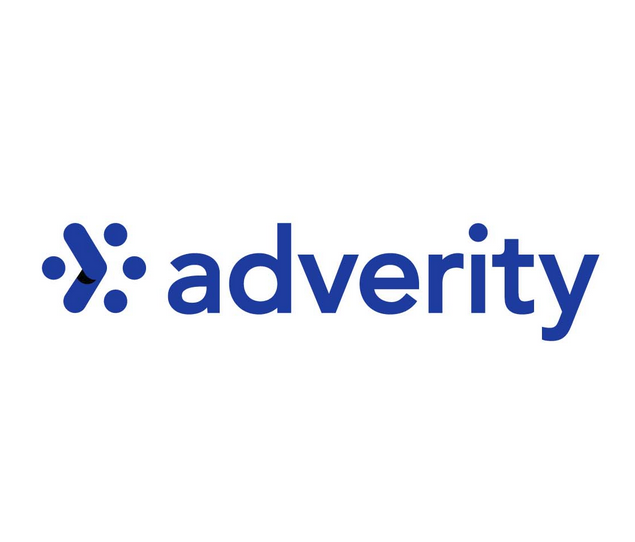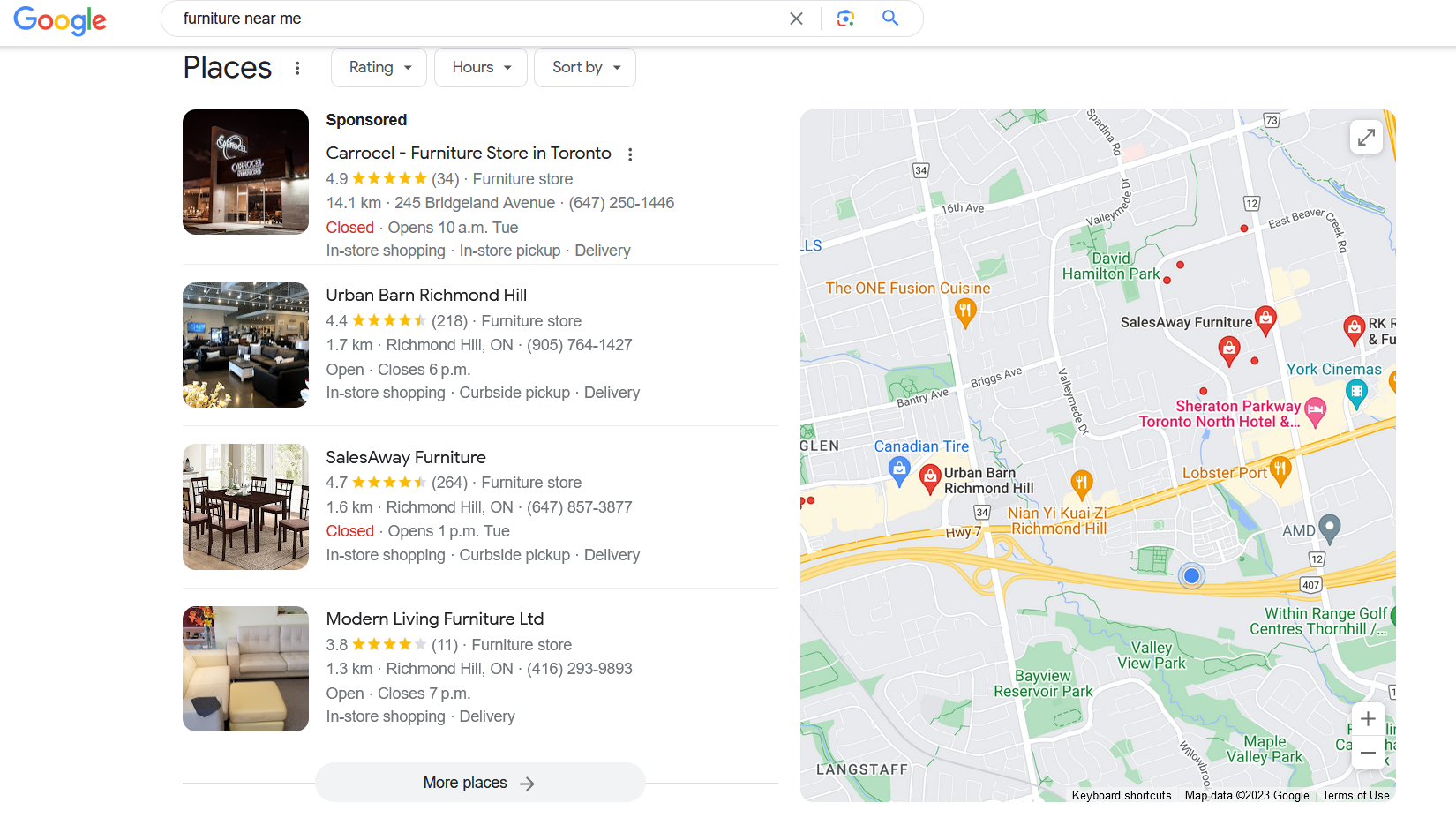1. Set the foundation with streamlined reporting
Whether you’re partnering with a full-service provider, an email marketer, a social media expert or a paid traffic specialist, it’s crucial to define your objectives. Clarity on expectations will enable realistic, month by month assessments.
And while we’re talking about reporting, take a moment to examine your marketing tech stack. Is it automated, user-friendly and transferable if you change agencies? Is all your reporting consolidated into a single platform, such as HubSpot’s Marketing Hub or are you manually collecting and comparing data from a variety of sources?
Reporting is a shared responsibility so before you fire your current agency, call a meeting with your internal team. Poor performance may stem from a communication issue, which is correctable. Work together to create a system that keeps both parties informed, accountable, and current.
2. Understand the vital role of effective communication
Effective communication is the linchpin of any successful partnership. An account manager who is slow to respond or fails to provide timely feedback can disrupt the flow of your digital marketing efforts. Likewise, technical jargon or overly complex language about the strategies and tactics being employed may impede your ability to make informed decisions and contribute effectively to the partnership.
In essence, poor communication hampers collaboration and the progress of your digital marketing goals. Clear and open lines of communication are vital to ensure that both you and your digital agency are aligned and working towards shared objectives, making informed choices at every stage.
3. Ensure access to data and reporting for your team
Hiring a digital agency to manage your paid media accounts (such as Google or Meta) is a smart investment. Giving that agency sole access to those channels is not. As the account owner, you (or someone on your team) should retain access. If your agency uses the account for multiple clients, request screenshots with reports. Reluctance to grant access may indicate the agency’s preference for control, but it could also raise concerns about transparency and reporting accuracy.
Your digital agency should be committed to delivering on mutually agreed goals. If their goals seem vague or overly ambitious, it’s your responsibility to hold them accountable. While your digital agency executes the work, ensuring that you’re progressing toward your business goals remains a shared endeavor.
4. Advocate for tailored, flexible solutions for your unique business
Many digital agencies prioritize standardizing processes to achieve maximum efficiency and deliver outstanding results across their entire client base. But every client is unique and flexibility is essential to crafting unique solutions that align to specific requirements. If your agency can’t (or won’t) shift gears, it can leave you feeling that your business needs aren’t given the attention and care they deserve.
Does your account manager actively listen and empathize? Are they responsive with recommendations that address your specific challenges? Adapting and customizing solutions is the foundation of delivering the personal touch that every client rightfully expects and deserves.
5. Monitor employee attrition rate to safeguard consistency
Employee turnover rate is inevitable but a higher than average churn at your digital agency can signal underlying, organizational issues. Those who remain may face longer working hours and increased stress, which lead nowhere good. What’s more, your account manager needs a deep understanding of your consumers’ buying journey, which is a challenge if you’re onboarding a new one every six months. Detailed processes, documentation and automation can help mitigate these challenges but they won’t resolve core issues.
Is your agency collaborating with you to forecast growth? Are they cultivating a talent pool through internships to facilitate fast scaling in times of unforeseen workload spikes? Do they prioritize learning opportunities for current employees through courses or conferences? In short, are you getting the very best talent dedicated to your account?
Your choice of a digital agency plays a pivotal role in your digital marketing success. Recognizing signs that may indicate a need to change is crucial to ensuring success of your larger business goals. Whether it's refining reporting practices, enhancing communication, safeguarding data access, infusing a personalized touch or addressing employee attrition, these considerations underscore the importance of a dynamic and responsive partnership.
By actively evaluating your digital agency against these criteria, you can steer your business towards growth and profitability. Remember that the right agency will not only be a strategic partner but also a dedicated ally.







































































































